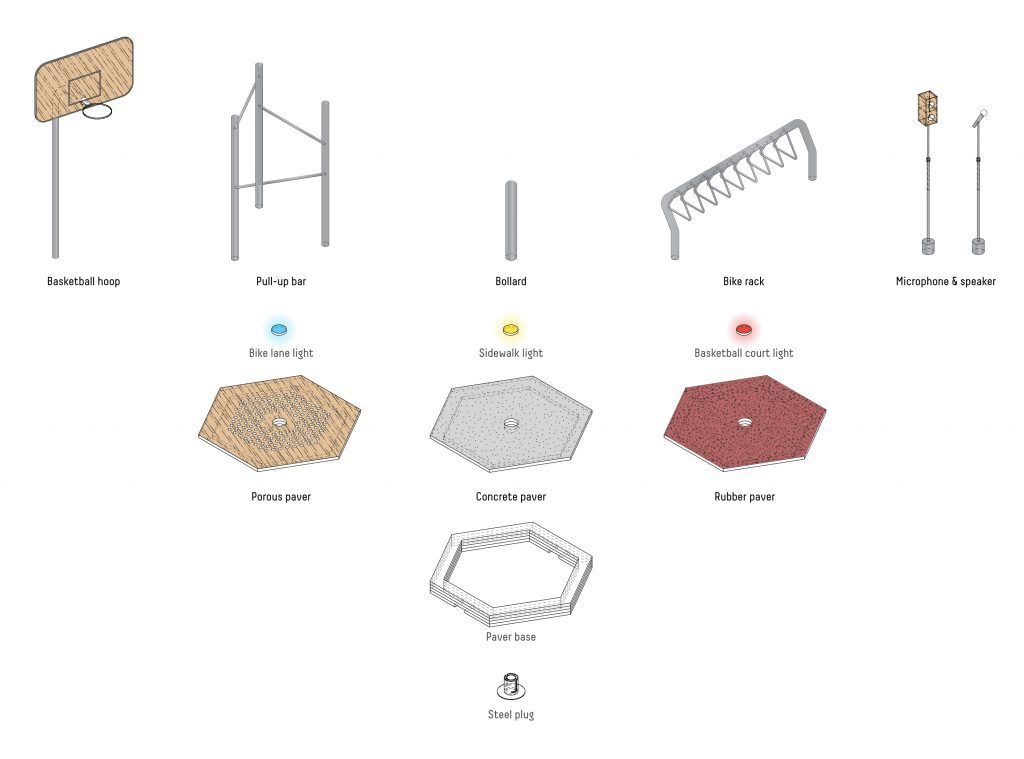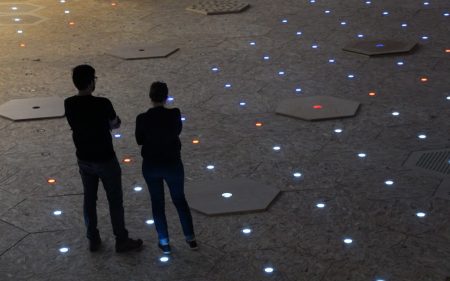August 12, 2018 – It hasn’t happened yet but at some point in the near future Toronto will get a new neighbourhood on the waterfront that will pave the way for the future evolution of cities and urban life. Quayside is a Sidewalk Labs, Waterfront Toronto project to create a sustainable, affordable, and technologically innovative urban community which originally was to cover 325 hectares (800 acres) of land. Public consultation and resistance to the project have led to it being winnowed down to just under 5 hectares (12 acres) where the concept will be fleshed out before considering expanding to the larger space.
Quayside is to feature adaptable modular buildings to combine housing and retail space with an underlying digital infrastructure to provide connectivity for all residents. The latest automated systems will be part of the community including autonomous transit vehicles, renewable energy, and climate-positive buildings.
Sidewalk Labs is a division of Alphabet, Google’s parent company, and like so many of that company’s technology experiments, it is providing to be a work in progress that could fail or set a new paradigm in urban development. Among its many paradigm-shifting ideas is reconfigurable pavement to accommodate the needs of residents. Instead of static roadways, Sidewalk Labs has started working with Carlo Ratti Associati, a design firm to develop these reconfigurable hexagonal blocks of pavement to change form and function at different times of the day.

Choosing the hexagonal block design is based on a prototype developed in France by IFSTTAR, a French research group working on removable urban pavement in Nates. For Quayside the blocks could serve vehicles during business hours, and be reconfigured to become open pedestrian spaces on weekends and evenings.
On the Carlo Ratti Associati website, it describes what it calls the Dynamic Street.
“Imagine a city street, nestled between buildings with mostly foot and bicycle traffic. During the morning and evening hours, there might be a steady stream of commuters heading to work. In the middle of the day and the evening, families might use the street as a play space. And on the weekend, the street could be cleared for a block party or a basketball game.”
The prototype for these reconfigurable roads is on display this summer in Toronto at the Quayside Sidewalk Lab’s site.









